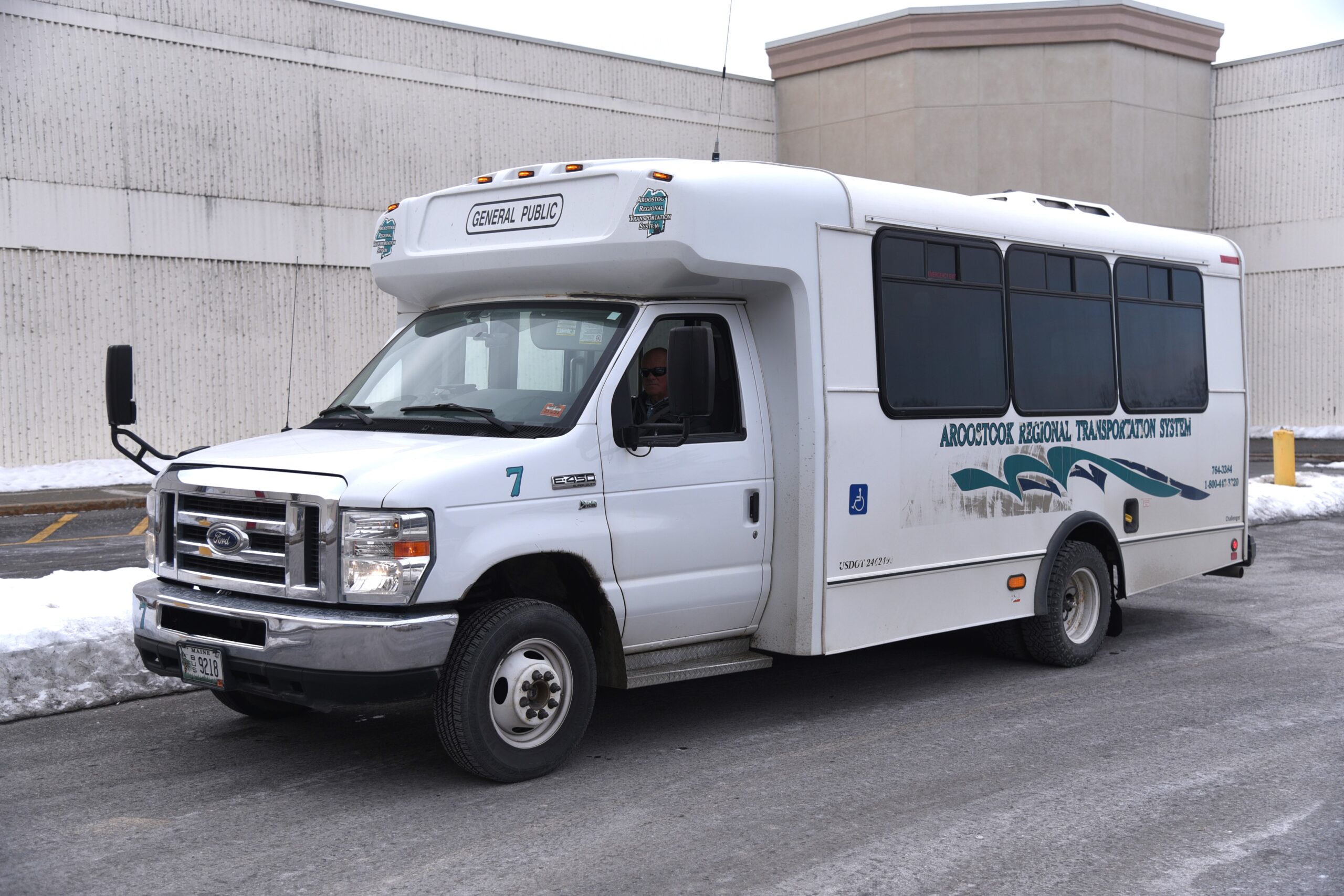
Many Aroostook County residents have long been in need of greater access to health care, social services and reliable transportation. A group of local partners wants to bring new ideas for closing those gaps.
Last summer, over 20 organizations, including The County’s four hospitals, tribal communities, health care agencies and nonprofits formed the Aroostook Community Health Improvement Partnership and began studying exactly how deeply issues of physical and mental well-being and access to care have affected northern Maine residents.
Aroostook Agency on Aging spearheaded phone surveys with 800 County residents, who answered basic questions about their financial status, healthcare needs, social well-being and transportation barriers.
The agency then asked more detailed questions to 60 of those residents after dividing everyone into population groups based on common responses: older adults, people earning less than $40,000 per year, single parents and grandparents raising grandchildren and people with behavioral health concerns or with family members who have those concerns.
Many issues that residents cited, including transportation, have been well documented over the years as nonprofits and organizations work to increase access. But talking with residents hammered home just how much social isolation persists in the County, said Kathryn Harnish, project director for ACHIP at Aroostook Agency on Aging.
“There are people who aren’t as well connected socially, who live far from town or don’t have family or friends in the area,” Harnish said. “There were people who felt like they didn’t fit in or were being judged. It could be because of race, behavioral health or not being from here.”
According to the Agency’s study, people with incomes below $40,000 are 1.5 times more likely to suffer from chronic pain, single parents are twice as likely to experience mental health or substance use disorders, people with behavioral health issues are 2.5 times more likely to experience food insecurity and older adults are twice as likely to not drive or own a vehicle.
Many of these problems overlap, Harnish said.
For instance, the study features a woman identified only as Lisa J., a former traveling nurse who now lives over 15 miles from a major service center in Aroostook.
Lisa stopped working in 2018 after a work-related injury, and then fractured her hip last winter. She lives alone, drives infrequently most of the year and finds it hard to stay in physical shape.
“When you’re in pain or you can’t put weight on your leg, it’s kind of hard to get active,” Lisa said.
In addition, Lisa’s income is only $20,150 a year, and she often finds herself skimping on nutritious meals and electricity usage to save money. She could only afford to replace her furnace with help from family, according to the ACHIP study.
The ACHIP group plans to launch programs this fall that focus on transportation and health care access.
By late September, Aroostook Regional Transportation System hopes to start a weekly bus route from Houlton to Presque Isle, with priority given to folks who need a ride to specialty appointments at Northern Light AR Gould Hospital.
The hospital will work to schedule appointments that align with the bus schedule, but travelers will have another option if that cannot happen, Harnish noted.
AR Gould is renovating sections of the hospital and its North Street walk-in clinic in Presque Isle to include “extended waiting areas” for travelers who need to wait a longer time for their appointments.
“If the bus arrives [in Presque Isle] at 10:00 but someone’s appointment isn’t until 2:00, they might not be able to run errands during that time,” Harnish said. “We want to make these services as accessible as possible.”
Aroostook Agency on Aging published its findings in a report on its website, which was funded with $300,000 from the Maine Department of Health and Human Services, also awarded to DownEast Housing Collaborative and the Somerset and Kennebec Counties Community Partnership.
Part of the Maine DHHS funding has supported Harnish’s position and that of Mark Wright, ACHIP project coordinator and researcher, with degrees in psychology and medical science, who focuses on data collection. Maine DHHS initially awarded funds through May but recently extended to November, so the Agency can plan for projects that address residents’ concerns.
The Agency and ACHIP will use $100,000 grants from the federal Health Resources and Services Administration and Maine Health Access Foundation to create formal plans and enact new programs resulting from the agency’s study, with the latter grant to be spent over the next two years.







